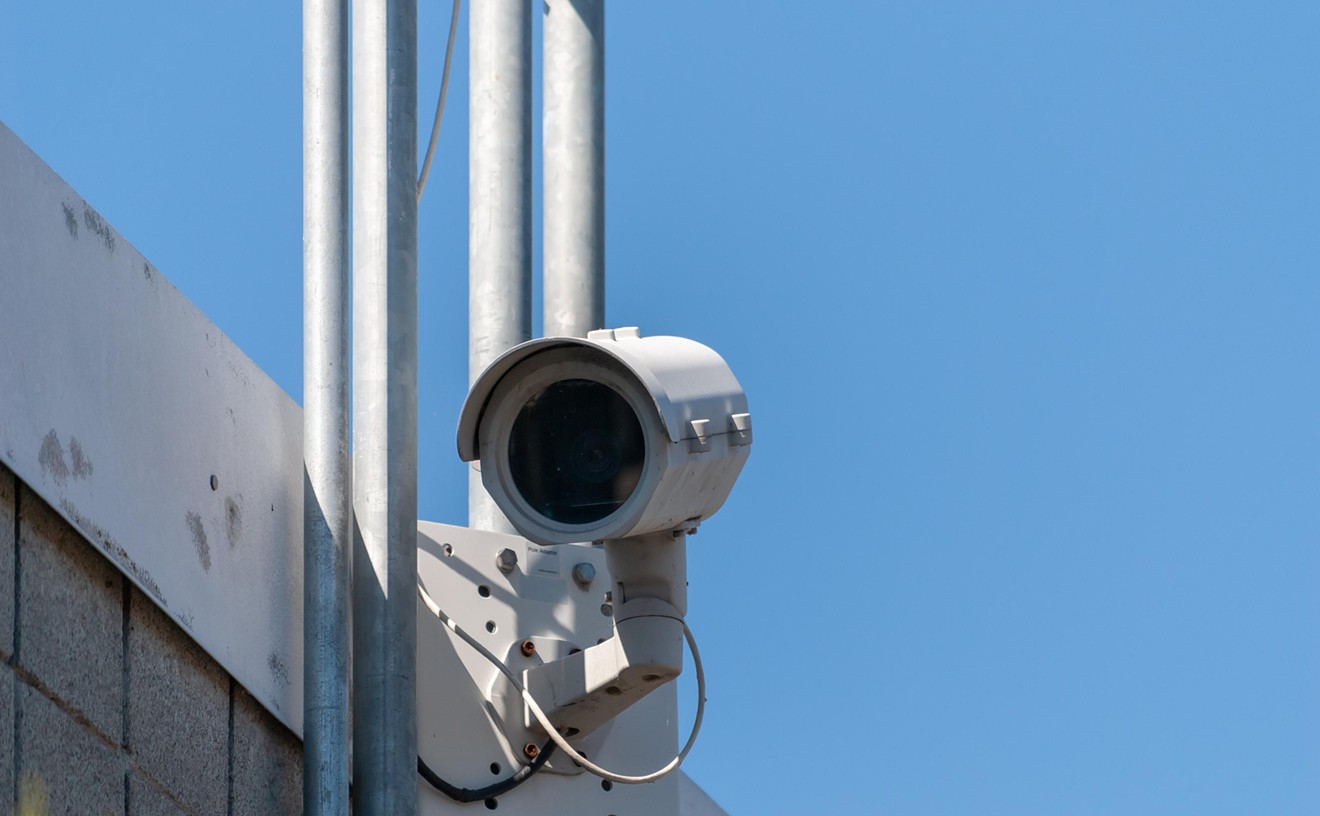You could see the dark clouds gathering Monday morning. Word had come down from somewhere near Michael Morris' Arlington compound that someone from the North Central Texas Council of Governments was going to make a contribution to the city's interminable discussion about regulating Uber, Lyft, Yellow Cab and any other transportation-for-hire service.
See also: Never Try to Take Public Transit to DFW Transportation King Michael Morris' House
That person, it turned out, was Morris himself, who showed up at the Dallas City Council's transportation committee meeting to regale Vonciel Jones Hill and her charges with the dangers of the city going it alone in the fight to protect citizens from any car service that isn't Yellow Cab.
It's about continuity, Morris said. Having different regulations throughout North Texas -- the way we do now -- might lead to customers being dropped off by a service that couldn't pick them up for the return trip. The airport might descend into a morass of privateers scurrying to pick up confused visitors to our world-class city.
The adoption process for Dallas' regulations -- arduously drafted over the better part of a year by a work group led by Councilmember Sandy Greyson -- needs to be slowed, Morris said, so the NCTCOG can catch up. Uniform regulations can be drawn up and all services can be treated equally, especially Yellow Cab.
Yellow Cab isn't just a company that provides an inferior service at a higher price than Uber or Lyft, it's also the only segment of the transportation-for-hire community that has major problems with the draft regulations Greyson and her committee came up with. Coincidentally, Morris' arguments -- and those of others who've tried to muck up the process, like Mayor Pro Tem Tennell Atkins -- sound similar to those put forward by Jack Bewley, Yellow Cab's president.
Cabs, you see, are an extension of public transit. They provide, according to Bewley, a well regulated, fixed-price option for those who can't or simply don't wish to drive. Uber and Lyft, unless their drivers are required to mark their cars, offer fixed prices and carry insurance 24 hours a day, are a dangerous alternative.
Hill, the transportation committee's chairwoman, seems to be into what Bewley and Morris are selling, as she agreed Monday to let NCTCOG into the process, with the idea that regulations may get passed sometime after the start of the new year.
Dallas, her fellow City Council member Scott Griggs says, is missing a chance to lead.
"The marketplace in other cities will follow Dallas' lead; we're showing leadership here, if we pass an ordinance," he says. "Uber and Lyft are very urban products. They target cities, so with these emerging technologies Dallas residents and the Dallas City Council have more experience than anyone."
Yellow Cab, Griggs speculates, is getting a second bite at the apple, one that could lead to Lyft and Uber being permently kept out of DFW airport and the imposition of 24-hour insurance requirements, under which Uber and Lyft drivers would be required to be insured as transportation-for-hire operators even when using their car as a personal vehicle.
Doing that would stymie innovation, Councilmember Philip Kingston says.
"[Transportation-for-hire] should be regulated as lightly as possible," he says. Imposing 24-hour insurance or things like fixed rates gets things "exactly backwards."











